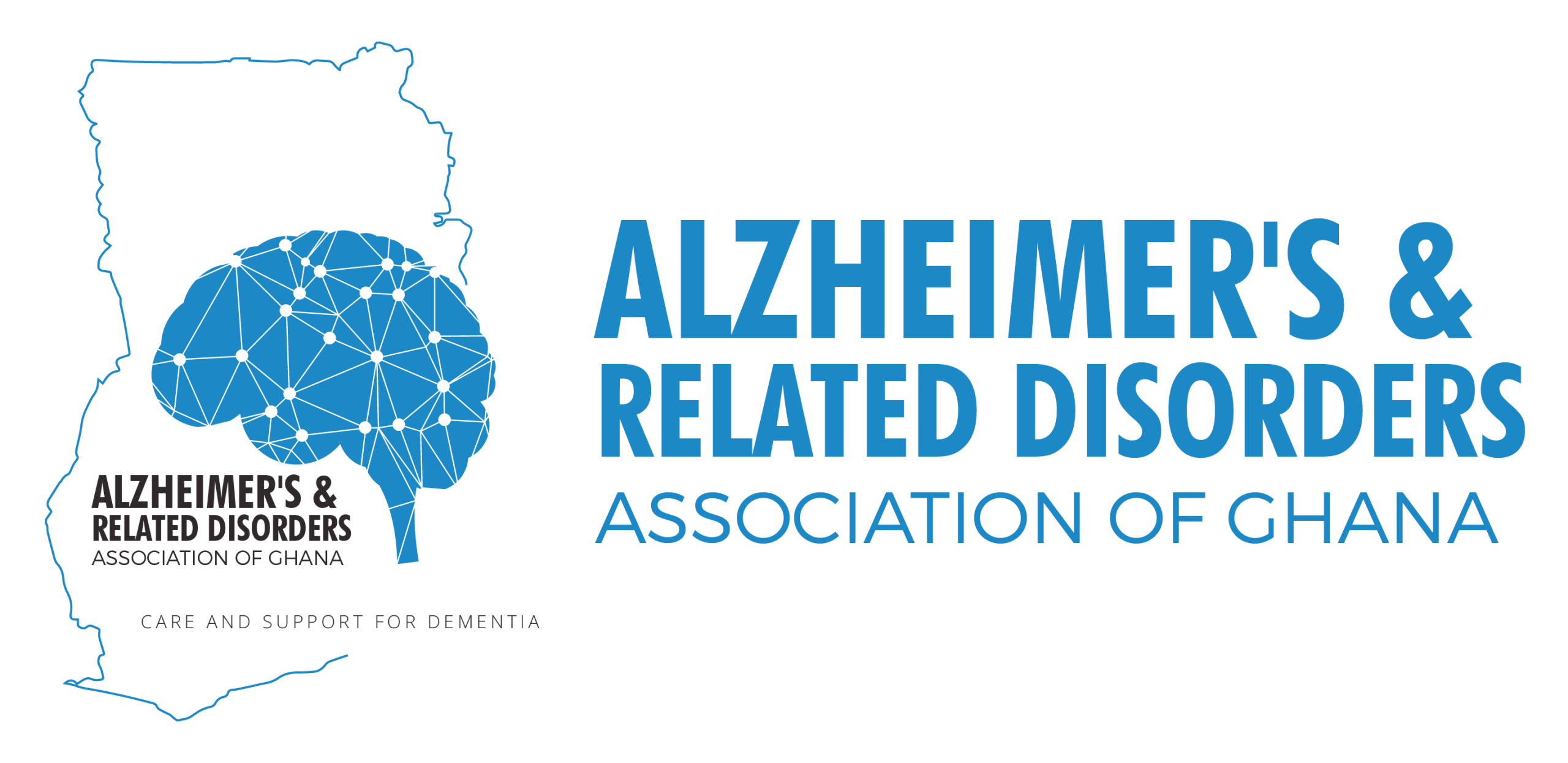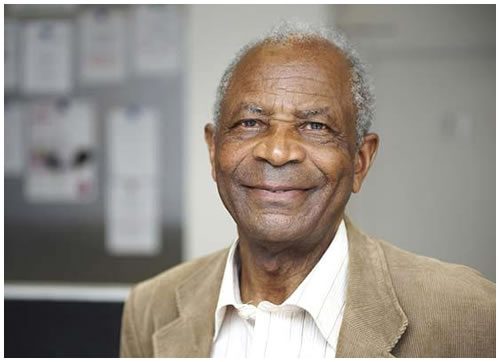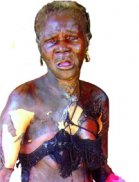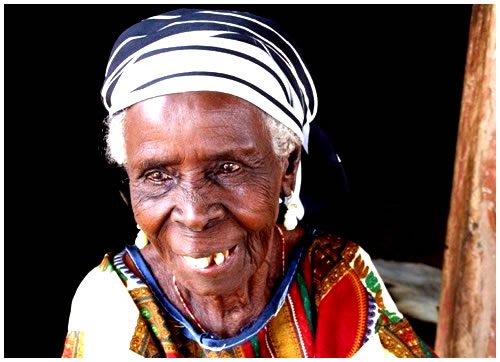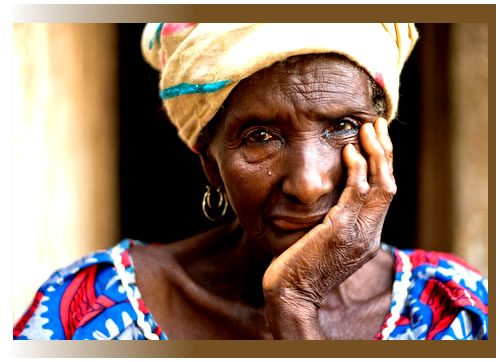A MESSAGE FROM ALZHEIMER`S DISEASE INTERNATIONAL
A message from all at Alzheimer’s Disease International (ADI)
It is with great regret that we inform you that Jerome H. Stone, founder and Honorary
Vice-President of Alzheimer’s Disease International (ADI), passed away on the 1
January 2015 at the age of 101.
As the President of the Alzheimer’s Association in the USA, Jerry Stone brought
together the associations who founded ADI in 1984 in Washington DC. Over the years
Jerry visited many of the ADI Conferences and when interviewed for ADI’s 25th
anniversary book in 2009, he said: “I am proud of all these people that I have worked
with and that ADI has grown far beyond my influence.” He gave his last formal
presentation for ADI at the Alzheimer University on Public Policy and Campaigning in
Chicago in 2010.
Jerry became involved with the Alzheimer’s movement when his wife, Evelyn, was
diagnosed with the disease in 1970. Jerry recognized the need for an organisation that
would provide support for people with dementia and their caregivers and advance
research toward treatment and ultimately, a cure.
Jacob Roy Kuriakose, Chairman of ADI said: “Jerry Stone inspired us all to make the
Alzheimer’s and dementia movement truly global, to be ambitious and think big and
reach out to the global institutions. We will miss him a lot.”
Marc Wortmann added: “Jerry was very active in his role as Honorary Vice-President
of ADI. I met with him a few times in Chicago in the last few years and was always
touched by his ongoing enthusiasm and knowledge of the organisation. I feel very
privileged that I was able to meet Jerry and to learn from him.”
In 2006, Jerry received the very first ADI Award at the 22nd ADI conference in Berlin.
Today we join together to send our deepest condolences to his family and to the many
people in the global dementia community who knew Jerry and considered him a both
a friend and an inspiration. We are eternally grateful for his huge contribution to the
global dementia movement and want to thank him for his personal involvement in the
establishment and development of ADI as an organisation.
5 January 2015
